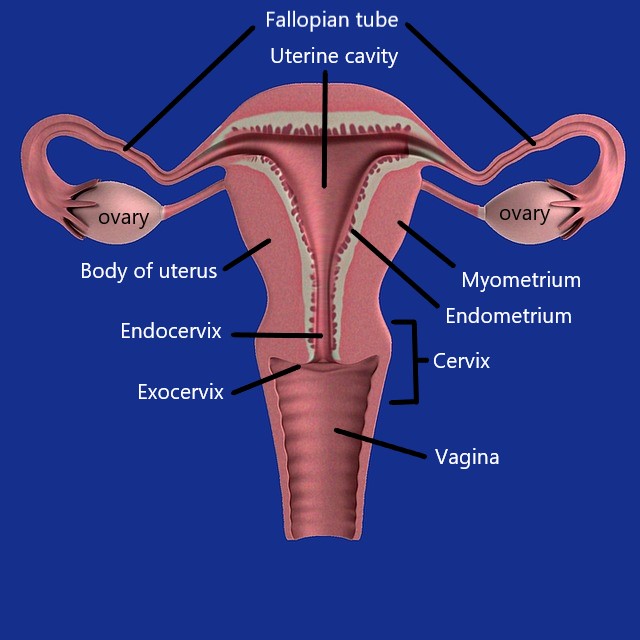
1. What is endometrial cancer?
Endometrial cancer is cancer arise from the inside lining of the womb, which is the part that slough off in each menstruation. This is different from the cancer arise from the muscle of the womb (leiomyosarcoma) and neck of the womb (cervical cancer).

2. How common is endometrial cancer?
Endometrial cancer is the most common cancer of the female reproductive organ in HK and western countries, it is the 4th commonest female cancer. The incidence of endometrial cancer is in rising trend over last 20 years in HK and most western countries. The incidence had tripled in HK from 315 cases in 1999 to 1165 cases in 2018. The current lifetime risk of having endometrial cancer in HK is 1 in 54 women (1.85%).
Other types of uterine cancers, eg. leiomyosarcoma (cancer arise from uterine muscle) is pretty rare, it accounts for 1% of all uterine cancer. The incidence of cervical cancer is decreasing, thanks to general uptake of Pap smear and HPV vaccine.
3. What are the symptoms of endometrial cancer?
Most patients will complain of abnormal vaginal bleeding, these include bleeding after menopause, irregular and shortened menstrual cycle, heavy bleeding and persistent bleeding. In late stage, patient can present with abnormal pelvic mass, abdominal distension, bone pain, shortness of breath ….
4. How does endometrial cancer develop, and what are the risk factors?
5. How to treat endometrial cancer?
6. How to prevent endometrial cancer?
Multiple national wide studies showed that combine oral contraceptive pills (OCP) are protective for endometrial cancer. The risk of develop endometrial cancer for long term OCP users (10+ years) is one third that of non-users.
7. What is the prognosis?
Endometrial cancer usually carries good prognosis. Most patients are diagnosed and treated in early stage. The 5 year survival rate can be up to 97% in patients with early stage I disease.
TAKE HOME MESSAGE
Irregular menstrual cycle, heavy menses and irregular spotting are common in peri-menopausal women after the age of 40. Incidence of endometrial cancer also start to rise after 40. Therefore, women with abnormal bleeding pattern after the age of 40 should consult their doctor immediately for possibility of endometrial cancer, instead of regarding them as ‘normal peri-menopausal symptoms’.